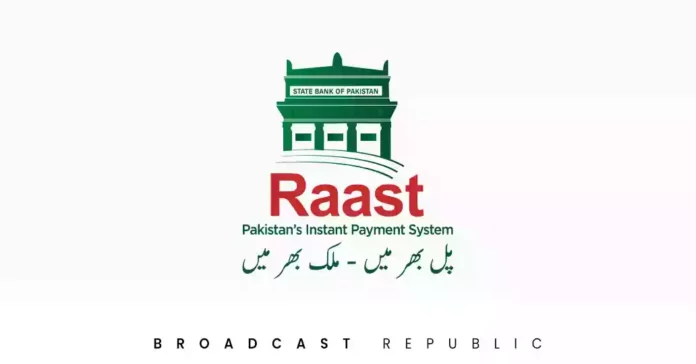The State Bank of Pakistan (SBP) is paving the way for a digital transformation of government transactions through its innovative RAAST payment systems. SBP’s efforts extend to discussions with various government entities, including the Federal Board of Revenue (FBR) and the Benazir Income Support Program (BISP), to integrate and streamline bulk payments using RAAST.
According to SBP’s Annual Payment System Revenue, RAAST has already processed a staggering 208 million transactions, totaling Rs. 4.3 trillion since its inception. The upcoming Government-to-Person (G2P) and Person-to-Government (P2G) system under RAAST promises to further enhance Pakistan’s digital ecosystem. This system will not only simplify tax payments for taxpayers but also benefit the recipients of government assistance schemes.
A study titled “Realizing the promise of responsible digital payments for merchants in Pakistan,” conducted by the “Better Than Cash Alliance,” underscores the potential for Pakistan to boost digital inclusion and enhance digital liquidity by digitizing G2P and P2G payments.
SBP recently introduced the RAAST Person-to-Merchant (P2M) system, enabling individuals to make electronic payments to merchants through alternative channels such as QR codes, Aliases, IBAN, Request to Pay (RTP), and a mechanism that allows payees to initiate payment requests to payers.
RAAST has already played a pivotal role in streamlining government transactions, including the disbursement of government salaries, GP funds, and pension payments by the Account General Pakistan Revenues (AGPR). The days of long queues at AGPR offices are now a thing of the past.
As Pakistan embraces the digital era, SBP’s RAAST payment systems are poised to revolutionize government payments, making transactions more convenient, efficient, and accessible for all.

